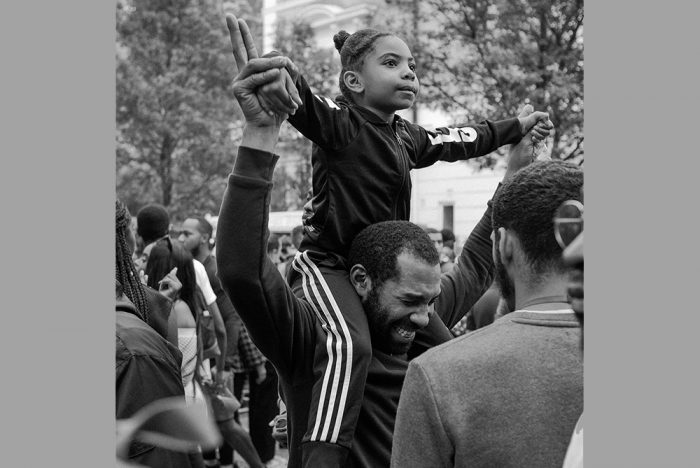Juneteenth is Wednesday, June 19, 2024, just four weeks away, meaning it’s time to start planning for your organization’s celebration! Recognizing and acknowledging the day and its significance goes a long way to creating a culture of belonging within your organization. There are many ways to celebrate, and we have listed below some suggestions and ideas for your agency.
First, understand the background and history. What is Juneteenth?
Juneteenth is a federal holiday celebrated on the nineteenth day of June to commemorate the emancipation of African-Americans who were enslaved in the United States. It memorializes the end of slavery and has been observed annually since 1865. On June 17, 2021, President Biden signed into law Senate Bill 475, making Juneteenth a federally recognized holiday.
Juneteenth is often celebrated under several names, including National Independence Day, Emancipation Day, Freedom Day, Jubilee Day, Black Independence Day, and Juneteenth Independence Day.
In early 1863, during the American Civil War, President Abraham Lincoln issued the Emancipation Proclamation, which declared the freedom of more than three million slaves living in the Confederate states. More than two years later, on June 19, 1865, this news finally reached people living in Texas with the arrival of Union soldiers. When African Americans living in Texas learned that slavery had been abolished, they immediately began to celebrate with prayer, feasting, song, and dance — the foundation of Juneteenth.
The following year, on June 19, the first official Juneteenth celebrations took place in Texas. Original observances included prayer meetings and the singing of spirituals. Celebrants wore new clothes as a way of representing their newfound freedom. Juneteenth became a state holiday in Texas in 1980, and several other states followed suit. Within a few years, African Americans in many other states were celebrating the day as well, making it an annual tradition.
How is Juneteenth celebrated?
Today, many Juneteenth celebrations include prayer and religious services, speeches, educational events, family gatherings and picnics, and festivals with music, food, and dancing. In some places, demonstrations and parades commemorate the day. These celebrations often include ways to honor aspects of African-American culture.
While Juneteenth has immense meaning for the African-American community, there is value for every person — regardless of race, culture, or background — to observe this holiday. A celebration of freedom for any group is a celebration of the ideals that we value as a nation.
Juneteenth is a day for all Americans to celebrate liberty, resilience, and strength. While participating and commemorating, all should pause to acknowledge the historical and somber importance of the day.
Why should we celebrate Juneteenth in the workplace?
Celebrating Juneteenth in the workplace sends a strong message to African-American employees, clients, and community members that the black experience, black history, and the struggles endured are worth acknowledging.
What are some ideas for planning a Juneteenth celebration at work?
- Recognize It as a Holiday: Give employees paid time off, such as half a day, the whole day, an extended lunch, or early dismissal.
- Educate Employees: Share facts about Black history, the ongoing fight for civil rights, and the issues Black people face. Consider a “Did you Know?” campaign.
- Invite Guest Speakers: In-person or virtual sessions with experts in racial justice, civil rights, or DEI can share insights as well as personal experiences and inspire action.
- Share Traditional Juneteenth Foods: If hosting a meal, include traditional soul foods on your menu. Consider providing a voucher to a local Black-owned restaurant for staff who cannot attend.
- Include Celebratory Music: Consider live music or a Juneteenth play list.
- Share Media and Reading Materials: Connect and share Juneteenth media and reading materials. Read a story or watch a movie or video as a group.
- Support Black Businesses: Include Black-owned businesses in your celebration.
- Encourage Participation in Community Events: Engage with your community in a productive way.


















